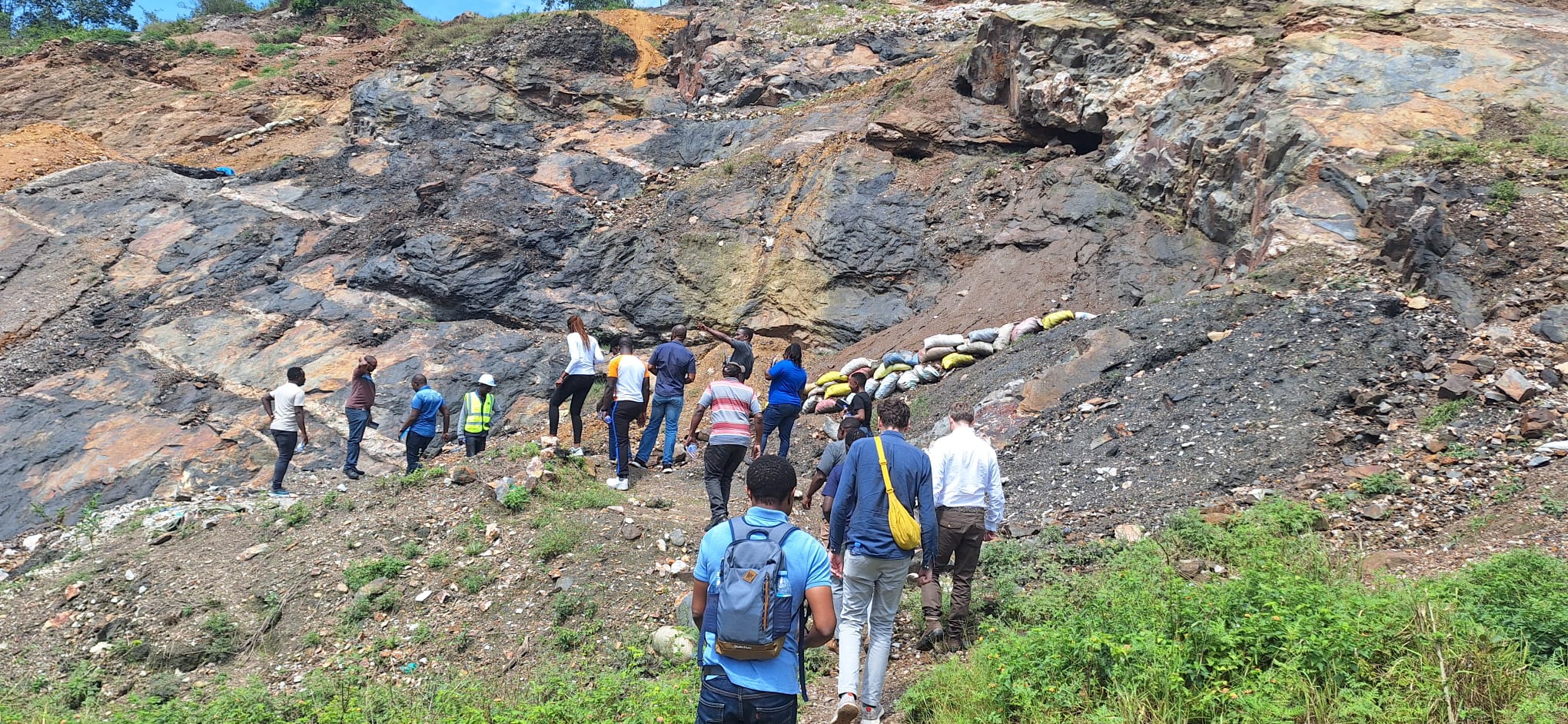In its first year, the Peace and Security in the Great Lakes Region project supported the International Conference on the Great Lakes Region (ICGLR) and its Member States to take concrete steps toward formalizing the artisanal and small-scale mining (ASM) sector, establishing a regional framework to strengthen value addition and cross-border trade, while enhancing traceability systems. The project facilitated the adoption of regional guidelines, supported reforms to gold export regimes, and engaged with key stakeholders in international markets. Technical progress was made on the ICGLR Regional Database and third-party audit mechanisms, laying the groundwork for more effective control of ASM gold flows and alignment with international due diligence standards.
In 2024, significant progress was made in the following areas:
Strengthening Control Over the Artisanal and Small-Scale Mining (ASM) Sector
Regional ASM Formalization Guide: The updated guide will provide clear direction on how Member States can better support the ASM sector, preventing its exploitation for conflict financing in the Great Lakes Region.
Value Addition Guidelines: These guidelines offer actionable steps to remove barriers to joint mineral value addition and enhance cross-border cooperation.
High-Level Regional Meeting on Value Addition and Cross-Border Trade: In November, at a high-level regional meeting on value addition and cross-border trade held in South Sudan, all 12 ICGLR Member States adopted the Value Addition Guidelines and committed to strengthening cross-border cooperation.
Reforming Gold Export Regimes to Curb Artisanal Gold Smuggling in the Region
Engagement with Importing Countries and Trading Hubs: Indian gold buyers and state actors were introduced to the ICGLR’s Regional Initiative on Natural Resources (RINR). They expressed support for the ICGLR’s Artisanal and Small-Scale Gold Strategy and committed to recognizing the ICGLR Regional Certification Mechanism as a tool for controlling artisanal gold flows.
Enhancing the Reliability of the ICGLR Regional Certification Mechanism (RCM)
International Market Engagement: Efforts to align in-region standards with international market requirements progressed through engagement with international market actors and OECD-aligned industry schemes. The ICGLR and the Responsible Minerals Initiative (RMI) have initiated steps toward cross-recognition of the ICGLR’s third-party audit program and RMI’s Responsible Assurance Process. As part of this process, ICGLR will begin shadowing RMI audits in early 2025 to enhance alignment and facilitate cross-learning.
Regional Database Working Group: Four technical meetings accelerated the full operationalization of the ICGLR Regional Database on Mineral Flows, with full representation from all Member States.
Data Security Standards: Research on best practices led to recommendations for strengthening data security within the ICGLR Regional Database on Mineral Flows.
Data Sharing Protocols: Based on research and best practices, two draft protocols for data sharing within the ICGLR Regional Database were developed.
Traceability: In-region digital traceability service providers were identified, assessed for alignment with the ICGLR regional standards and pre-accredited by the ICGLR.
Third-Party Audits: Prerequisites for independent third-party audits were developed and implemented, leading to the pre-accreditation, accreditation, and training of 27 Regional Third-Party Auditors. To date, 11 audit firms have been accredited. The next round of audits is set to begin in the first quarter of 2025.
The Peace and Security in the Great Lakes Region project aims to improve mineral governance in the region while advancing security, stability, and development by building the capacity of the ICGLR and its Member States to address artisanal mineral flows and harness their potential as drivers for economic and social development, as well as stability and security. This four-year project (2024-2027) is funded by the European Union.
Download the full publication: Peace and Security in the Great Lakes Region – Key Results in 2024
Learn more about the Peace and Security in the Great Lakes Project

